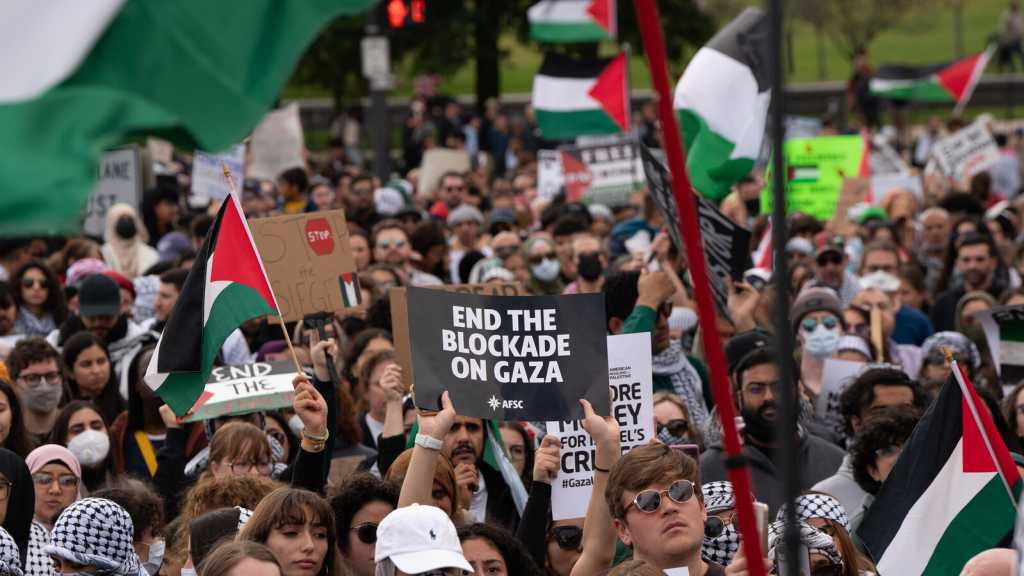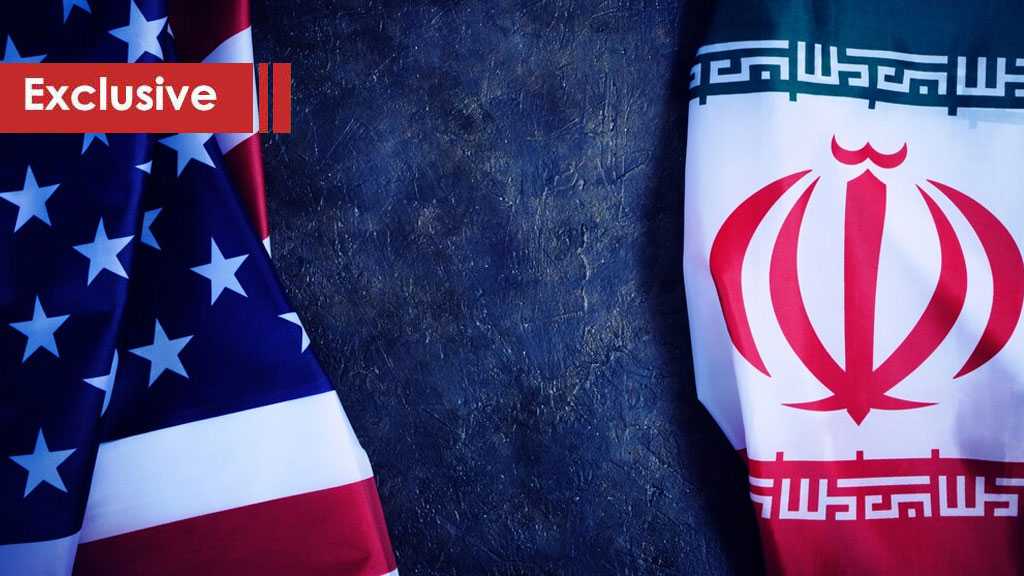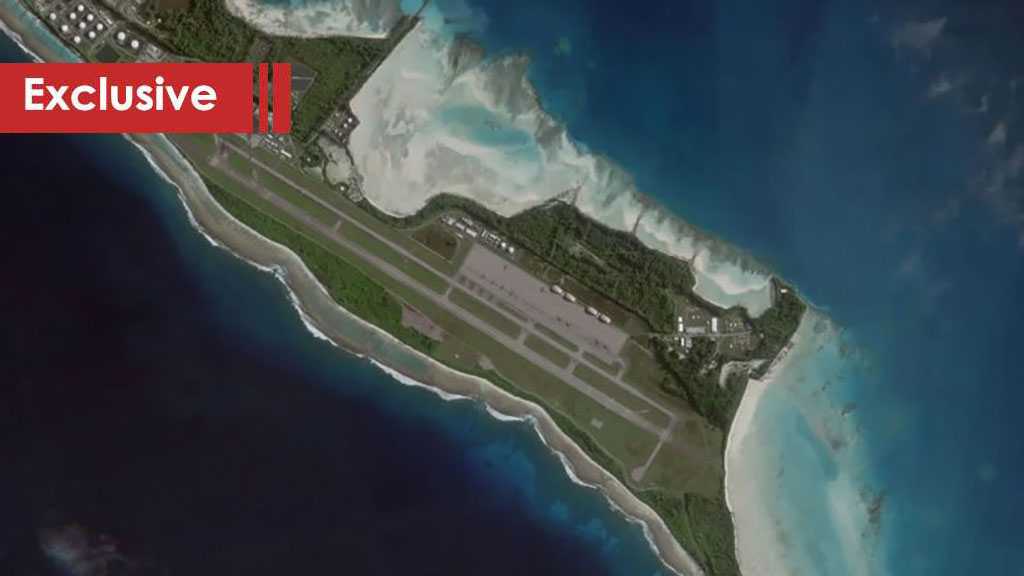Salehi to ’al-Ahed’: Prosperous Nuclear Future for Iran, European Cooperation Proposals
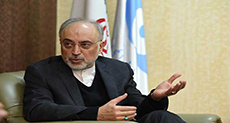
Mokhtar Haddad
The Islamic Republic of Iran witnessed in recent years great scientific developments with regards to obtaining nuclear energy for peaceful purposes, without ignoring the scientist martyrs which the country sacrificed on the path of preventing the development of nuclear progress.
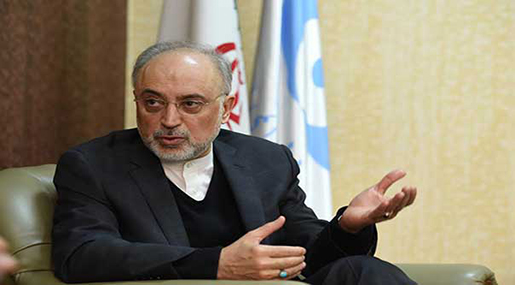
However, after 12 years of endurance, the Islamic Republic, thanks to its leader and the efforts of the Iranian negotiating team, was able to obtain official recognition from the P5+1 of its right to obtain peaceful nuclear energy and join the nuclear club. Therefore, after difficult negotiations, Iran will be involved in a new phase of nuclear activity, especially on the level of international cooperation.
"Al-Ahed" news website conducted an exclusive interview with Assistant of the President and Head of the Atomic Energy Organization of Iran, Dr. Ali Akbar Salehi, who was in charge of the nuclear negotiations on the technical level, in which he talked about the future of Iran and the mutual cooperation with big countries, in addition to some details of the nuclear deal.
Salehi said: "The nuclear deal was as we sought, despite the minor modifications that would never affect our peaceful nuclear activity, especially since the program's structure exists and has not been changed. It would rather witness expansion and development," adding that "we accepted some restrictions; for example, the other side asked us not to get engaged in nuclear activity that is related to producing "Uranium metal" because we don't need it, but we said that in the coming years we will not get involved in this domain, although we know how to produce it. Several years later, we would be free to produce what we want."
Salehi recalled the most significant incident that he didn't forget during the negotiations. He told "al-Ahed": "The most significant incident was when I met my American counterpart, and what happened when rejecting their proposal of the quality of the centrifugation systems in Iran. It was a very difficult process and we needed strong scientific research. At the time, the discussions lasted several hours and I was not confident that we were reaching the desired result. But, thanks to God after difficult talks with the American delegation, they agreed on the Iranian proposal."
Salehi further explained: "On that day, I suggested a proposal which they considered a challenge, whereby I told them that in case you offered us a state that would conduct the enrichment process, we will accept the American proposal, and I was pretty sure that there is no country in the world that would conduct the enrichment process with respect to this proposal. After this challenge, the Americans agreed to give up on their suggestion. I used an example to make it easier, telling them that they could ask us to make the spoon smaller or bigger, but they cannot ask us to eat abnormally! Or to reverse the spoon in order to eat! This was our first step in opening the way because we had reached a dead end."
Salehi later added: "Here I recall another incident, on the last day of the Lausanne negotiations in Switzerland, the meetings didn't end before the early morning as they lasted all day, but we wanted to perform prayers before the sunrise. As I was heading to perform the prayer, I saw the correspondents who asked me about the latest news regarding the negotiations. I told them the sun will rise, without meaning anything, because the sun was about to rise indeed according to Lausanne time."
Answering a question regarding the agreements that were made on the nuclear level between Russia and Iran, Salehi said: "The agreements between the two countries had already existed before, but during the latest visit of the Russian President Vladimir Putin to Iran, there was a final confirmation of the previous agreements made regarding nuclear cooperation between Tehran and Moscow, especially on the level of fuel exchange, which means that Iran will send Russia enriched fuel as the latter would deliver Iran the yellowcake."
When asked whether any of the regional countries asked to benefit from the Iranian experience, Salehi confirmed, as a neighboring country contacted Iran and offered it a suggestion for a project to build nuclear plants for research, stressing that "we are able to perform this project but the issue is still now undergoing studies."
As for the future of atomic energy in the country, Salehi asserted that the future of the Iranian nuclear activity is very prosperous, and it was agreed with Russia that it will build two new plants in Bushehr, and we will conduct nuclear negotiations with China to establish small nuclear stations, and some European countries offered their suggestions. In addition, Japan and South Korea showed readiness to participate with us in their nuclear activities, namely on the level of nuclear security."
Salehi concluded saying: "The space is open between us, but we don't want to get engaged in this domain widely because it needs a lot of investment, and we will evaluate the issues with respect to the country's financial capacity in this domain."
Source: al-Ahed News, Translated by website team

